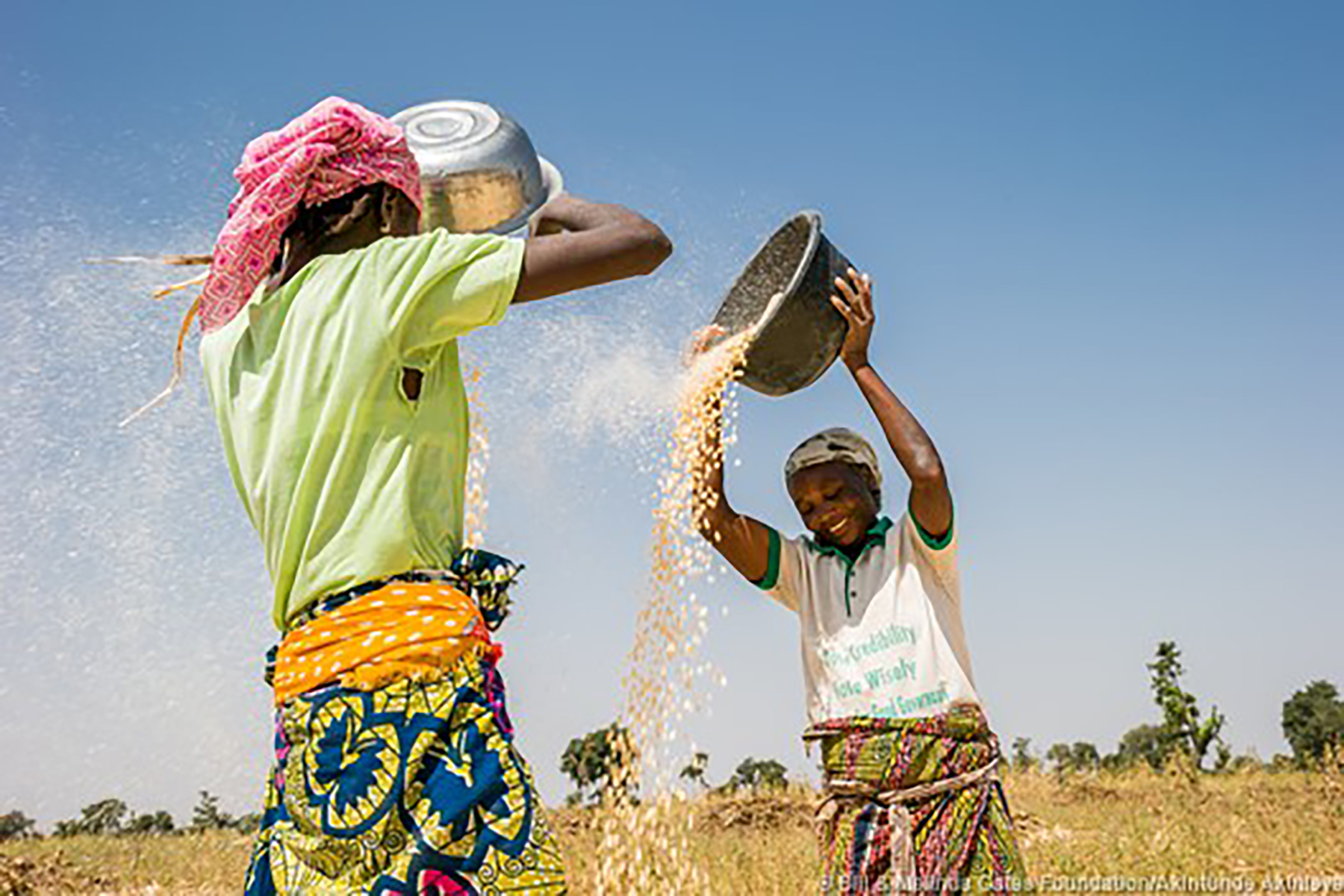Despite employing more than 70% of the population, Nigeria’s agricultural sector confronts a paradox. Small-scale farmers, responsible for producing much of the country’s food, are stuck in a low productivity cycle.
Post-harvest losses consume as much as 40% of farm produce, while access to financing remains severely limited.
Climatic shocks from erratic rainfall to recurring floods add to the mix, straining productivity further.
To help shift this picture, British International Investment, or BII, has announced a $7.5 million investment in “Babban Gona,”a Nigerian agritech platform.
It is designed to boost climate resilience and food security for smallholder farmers, particularly in northern Nigeria. But can technology and finance models reshape Nigeria’s food future?
A different model for smallholders
Babban Gona, meaning “Great Farm” in Hausa, has a franchise-style model of operation. Rather than abandon smallholders to their fate, it groups them into groups that give them access to credit, training, inputs, and assured markets.
Digital platforms help manage these networks efficiently, while data monitoring minimises risk for both farmers and financiers.
This approach addresses one of the sector’s chronic issues, which is lack of affordable financing. Commercial banks often avoid smallholders, viewing them as too risky.
Babban Gona’s structure has, however, allowed it to offer loans with repayment rates above 99%, reportedly more than conventional agricultural lending.
Babban Gona says its farmers enjoy a two- to three-times yield increase than the national average, while their incomes increase considerably because of reduced input costs and market access to stable buyers.
Similar agritech innovations in Nigeria, such as Thriveagric, have demonstrated how digital solutions can tackle age-old bottlenecks in agriculture.
Challenges and concerns
Scaling these platforms would require massive capital inflow and infrastructural support, primarily in rural areas with poor connectivity and roads.
There is also the question of reach. Nigeria has over 40 million smallholders, and while Babban Gona has impacted hundreds of thousands, the gap is still large.
The bigger picture
Complemented by external partnerships such as BII’s investment, these initiatives reflect that Nigerian agriculture is moving from subsistence survival to a field of innovation, resilience, and economic empowerment.
Projects such as Babban Gona, with support from local and external players, provide a bit of succour, even though the challenges are far from over.
Babban Gona’s formula has its own limitations, but by showing that smallholder farmers can be productive and bankable with proper assistance, it gives a glimpse of a more food-secure future for Nigeria.
The $7.5m from the UK might not end hunger, but it shows that there is hope that technology-led farming can help millions of Nigerian farmers produce not only crops but also fortitude.
Summary not available at this time.






